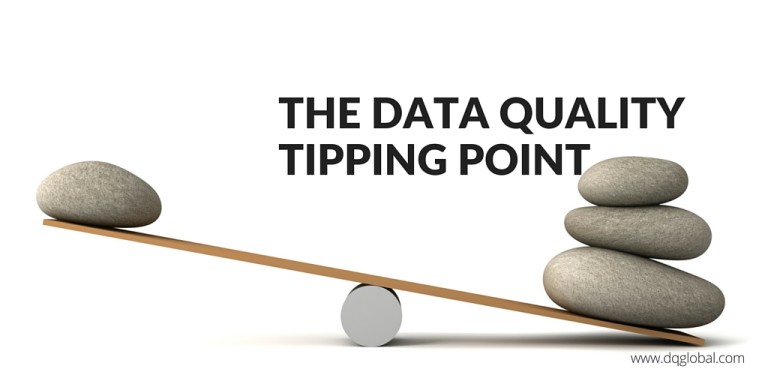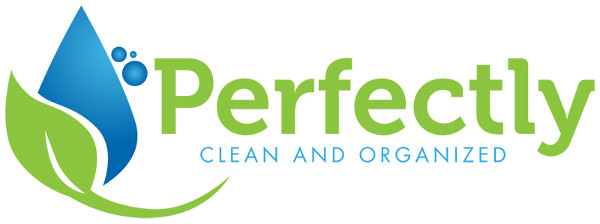
The Data Quality Tipping Point
By Martin Doyle
CEO
DQ Global
Data Quality Software
Whatever your business sector, data is your most valuable asset. Along with the machinery and stock you hold, data and insights hold the key to profit and growth. But it has the unique ability to unite every department, and every function. It can reveal problems in processes, drive productivity among your staff and ensure everyone is ‘singing from the same hymn sheet’.
How Much Do You Value Data?
Like any asset, you need to invest in maintenance and management. Data that is not prioritized and nurtured will eventually cause more problems than it solves. But how much do you need to spend to achieve healthy ROI? And is there a chance your business could be spending too much?
Now, more than ever, data is the driving force that will propel your business forward. Businesses are increasingly automating processes and integrating different systems to increase efficiency and support staff more effectively.
Marketing is a great example of a function that is learning to use data. Campaigns rely on timely data to deliver personalized and timely messages, which is why analytics have become the cornerstone of every marketing campaign. As marketers hit their stride with data management, they are becoming more agile in their response to customer trends. In some cases, marketers are able to change course within a couple of hours, and those decisions can be partly automated to lighten the admin load.
It’s clear that data is no longer harvested and stored. Data isn’t left to rest any longer. It is the lifeblood that flows through every department in the business. It’s not just the result of a decision: it’s the driving force for your next move.
Old, inaccurate and messy data can’t support the marketing department. If the data is old, it cannot be used as a concrete and reliable resource. And if you aren’t continually cleaning new data that comes in, you can’t capitalize on trends, or make decisions on what is and isn’t working.
So we’re clear, data quality initiatives must run in parallel to business activities, rather than being carried out sporadically, and there needs to be a constant and attentive process to keep data clean. That means there’s a need for an ongoing investment in data governance, within the parameters of your budget.
Breaking Even
Few businesses have the budget to put extravagant data management processes in place. It would be wonderful to conduct data reviews every morning, or implement highly elaborate verification and enhancement programs.
It goes without saying that under-investment in data cleaning can be detrimental for businesses, and we’ve written several blogs that lay the case for data quality projects. Flawed decisions lead to poor ROI in marketing, support and sales, and an excessive amount of waste across the entire organization. We also know that data naturally decays; the rate is around 2 per cent of the database, per month. So without action, the data becomes useless to everyone.
Spend and Save
Data quality processes involve a range of costs, from the cost of data quality tools & software to the resource needed to operate that software and integrate systems.
Let’s be realistic. The cost of the new data quality process needs to be factored into the business’ budget, like any other production cost. That includes the data quality tools and software, the training, the resource for manual data processing, the cost of implementing form verification, and – possibly – the cost of hiring a Chief Data Officer to steer a new course.
All businesses have limited funds, and data is jostling for part of the budget like everything else. Hopefully this article has demonstrated that, while perfection is expensive, improvement is a perfectly worthwhile goal that’s certainly worthy of investment.
About the Author: Martin Doyle is CEO of DQ Global. DQ Global provides Data Cleansing and Data Quality Improvement Software products designed to ensure data is “fit for business use”.


